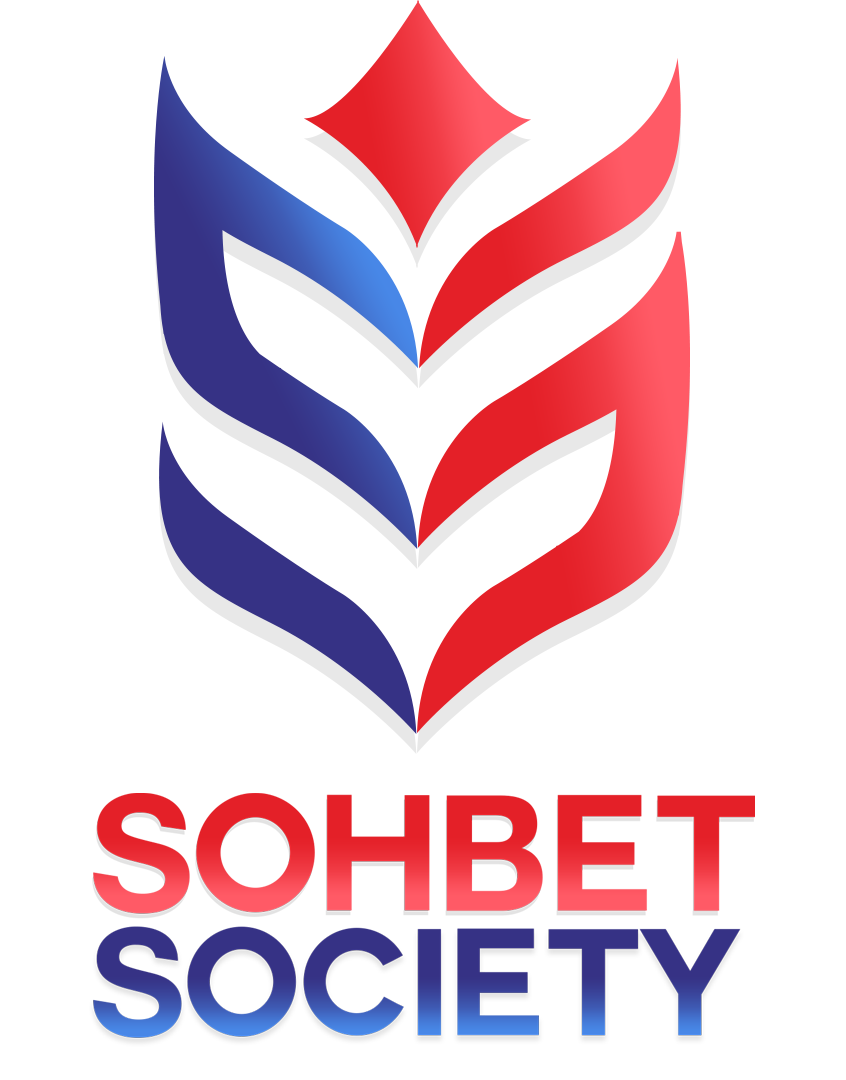There are a number of dynamics that explain how we work:
How did it start?
Sohbet Society is not a new idea or concept. Sohbet, that is, learning in small circles through conversation is a classical form of religious learning in Islam, dating back all the way to the Prophet (sas). Furthermore, Sohbet Society as it is particularly conceived is based on the work and practice of Hizmet, as explained above in About Us, which has been active since the 1970s. Therefore, the Sohbet Society practice and tradition is well grounded and not new.
How is it funded?
The Sohbet Society founders (trustees) are its donors. Sohbet Society is able to run projects through the donations and support of its participants and beneficiaries, local professionals, and self-employed individuals. Sohbet Society is not funded by any government.
How is it staffed?
Sohbet Society achieves its aims and objectives primarily through the work and effort of its volunteers who are inspired by the teachings and example of Hizmet, as articulated by Fethullah Gülen. At Sohbet Society, we channel that inspiration and motivation of our volunteers into the work of the Society.
How is it run?
Sohbet Society has a board of trustees which is responsible for determining the Society’s priorities and strategies and appointing and holding to account the Executive Director, as well as for securing funding for the Society and its works. Sohbet Society is run by the Executive Director, who is responsible for managing the Society in accordance with the priorities and strategies set out by the Board of Trustees. The Executive Director in turn hires and oversees the Community Organisers, members of staff responsible for Sohbet Society’s work in a given area. Sohbet Society has two types of meetings where executive decisions are made. The first is the Board of Trustees meeting, which all Trustees and the Executive Director attend, and the second is the Staff Meeting, which the Executive Director and Community Organisers attend. Decisions are made through deliberation and consensus.
Before being formalised under the Sohbet Society, Community Organisers were referred to in Hizmet as elder brother (Turkish, abi) or elder sister (Turkish, abla). Their role then, as now, was to coordinate and organise Hizmet’s grass roots religious activities (as listed on Sohbet Society’s What We Do webpage) in a given constituency. This geographical designation of grass roots religious activism was, and in many places, is still, referred to as bölgecilik, which contextually means constituency based activism. The informal Sohbet Society had the same types of meetings that it has now. The Board of Trustees meeting used to be referred to in Turkish as mütevelli (literally, trustee or administrator) and comprised the businesspeople that sponsored the activities and some elder brothers and elder sisters, and the Staff Meetings were referred to (again in Turkish) as istishare (consultations or deliberations). Through Sohbet Society these pre-existing and well-established practices and roles have become formalised.
